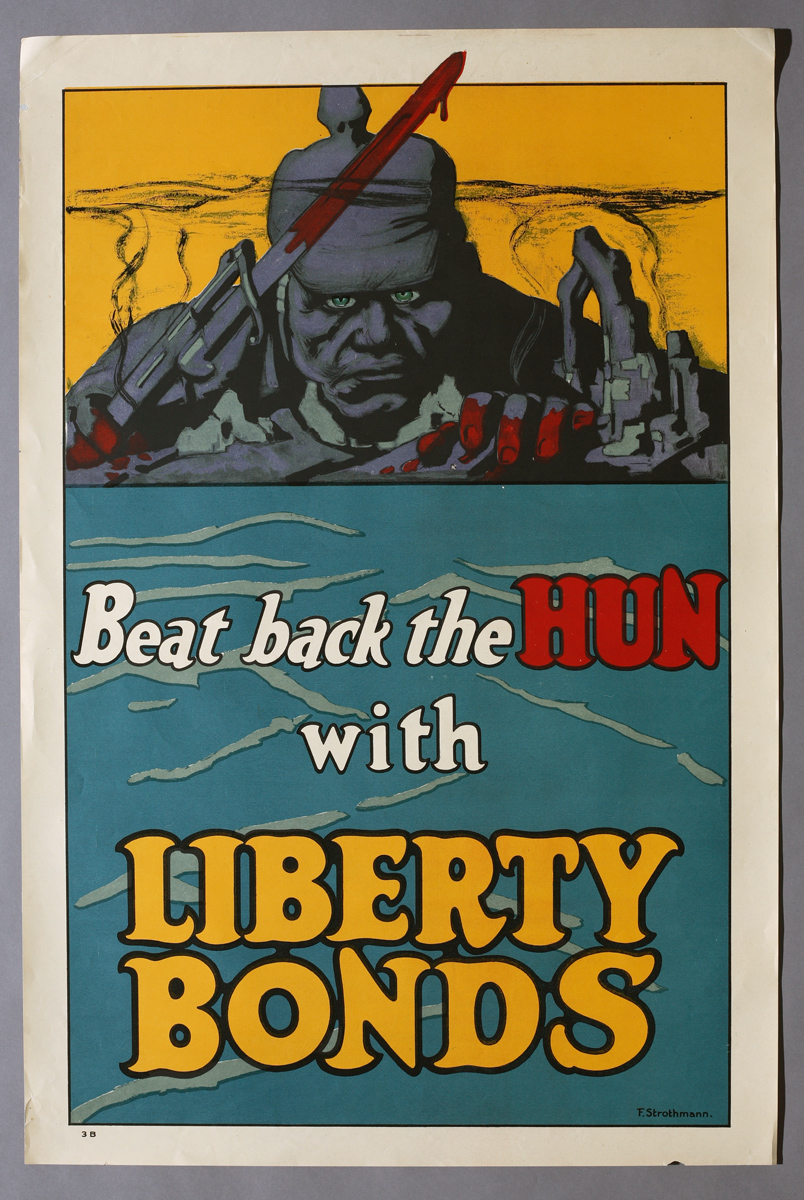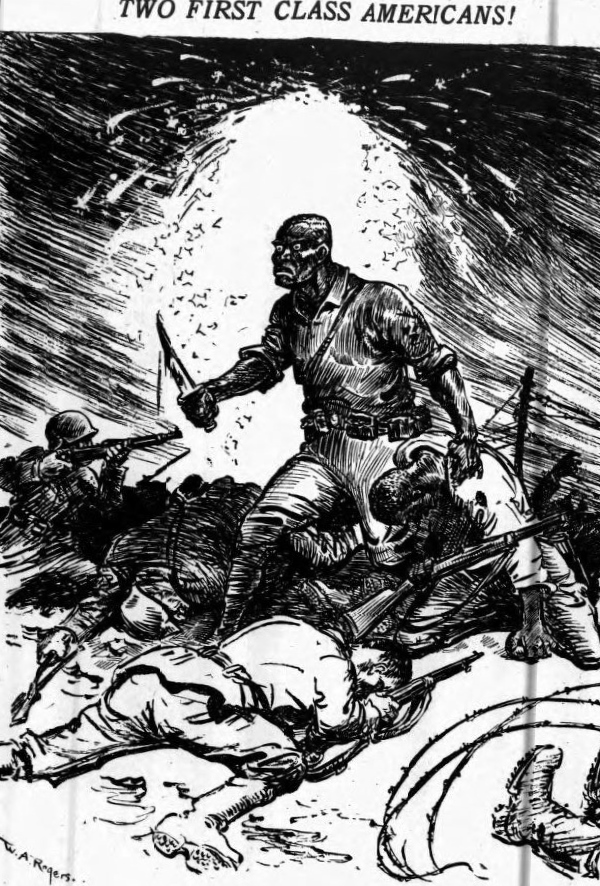On Twitter, Jeremy Crawford discussed the treatment of orcs, Vistani, drow and others in D&D, and how WotC plans to treat the idea of 'race' in D&D going forward. In recent products (Eberron and Wildemount), the mandatory evil alignment was dropped from orcs, as was the Intelligence penalty.

@ThinkingDM Look at the treatment orcs received in Eberron and Exandria. Dropped the Intelligence debuff and the evil alignment, with a more acceptable narrative. It's a start, but there's a fair argument for gutting the entire race system.
@vorpaldicepress I hate to be "that guy", but what about Drow, Vistani, and the other troublesome races and cultures in Forgotten Realms (like the Gur, another Roma-inspired race)? Things don't change over night, but are these on the radar?
@MileyMan1066 Good. These problems need to be addressed. The variant features UA could have a sequel that includes notes that could rectify some of the problems and help move 5e in a better direction.
@mbriddell I'm happy to hear that you are taking a serious look at this. Do you feel that you can achieve this within the context of Forgotten Realms, given how establised that world's lore is, or would you need to establish a new setting to do this?
@SlyFlourish I could see gnolls being treated differently in other worlds, particularly when they’re a playable race. The idea that they’re spawned hyenas who fed on demon-touched rotten meat feels like they’re in a different class than drow, orcs, goblins and the like. Same with minotaurs.
@MikeyMan1066 I agree. Any creature with the Humanoid type should have the full capacity to be any alignmnet, i.e., they should have free will and souls. Gnolls... the way they are described, do not. Having them be minor demons would clear a lot of this up.
As a side-note, the term 'race' is starting to fall out of favor in tabletop RPGs (Pathfinder has "ancestry", and other games use terms like "heritage"); while he doesn't comment on that specifically, he doesn't use the word 'race' and instead refers to 'folks' and 'peoples'.
@ThinkingDM Look at the treatment orcs received in Eberron and Exandria. Dropped the Intelligence debuff and the evil alignment, with a more acceptable narrative. It's a start, but there's a fair argument for gutting the entire race system.
The orcs of Eberron and Wildemount reflect where our hearts are and indicate where we’re heading.
@vorpaldicepress I hate to be "that guy", but what about Drow, Vistani, and the other troublesome races and cultures in Forgotten Realms (like the Gur, another Roma-inspired race)? Things don't change over night, but are these on the radar?
The drow, Vistani, and many other folk in the game are on our radar. The same spirit that motivated our portrayal of orcs in Eberron is animating our work on all these peoples.
@MileyMan1066 Good. These problems need to be addressed. The variant features UA could have a sequel that includes notes that could rectify some of the problems and help move 5e in a better direction.
Addressing these issues is vital to us. Eberron and Wildemount are the first of multiple books that will face these issues head on and will do so from multiple angles.
@mbriddell I'm happy to hear that you are taking a serious look at this. Do you feel that you can achieve this within the context of Forgotten Realms, given how establised that world's lore is, or would you need to establish a new setting to do this?
Thankfully, the core setting of D&D is the multiverse, with its multitude of worlds. We can tell so many different stories, with different perspectives, in each world. And when we return to a world like FR, stories can evolve. In short, even the older worlds can improve.
@SlyFlourish I could see gnolls being treated differently in other worlds, particularly when they’re a playable race. The idea that they’re spawned hyenas who fed on demon-touched rotten meat feels like they’re in a different class than drow, orcs, goblins and the like. Same with minotaurs.
Internally, we feel that the gnolls in the MM are mistyped. Given their story, they should be fiends, not humanoids. In contrast, the gnolls of Eberron are humanoids, a people with moral and cultural expansiveness.
@MikeyMan1066 I agree. Any creature with the Humanoid type should have the full capacity to be any alignmnet, i.e., they should have free will and souls. Gnolls... the way they are described, do not. Having them be minor demons would clear a lot of this up.
You just described our team's perspective exactly.
As a side-note, the term 'race' is starting to fall out of favor in tabletop RPGs (Pathfinder has "ancestry", and other games use terms like "heritage"); while he doesn't comment on that specifically, he doesn't use the word 'race' and instead refers to 'folks' and 'peoples'.





